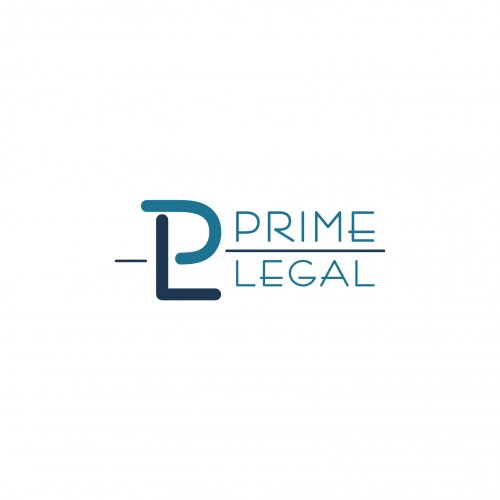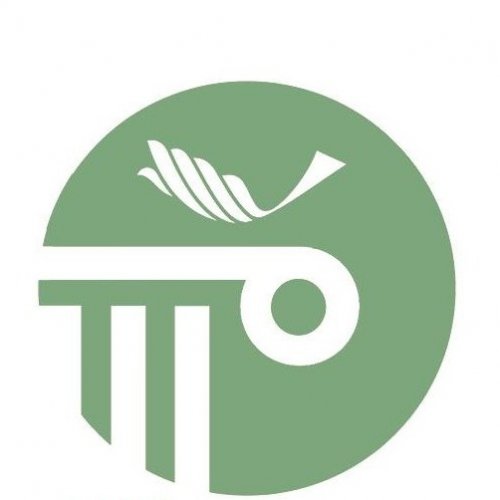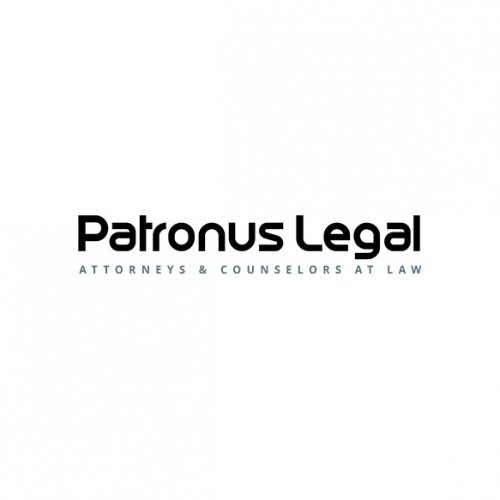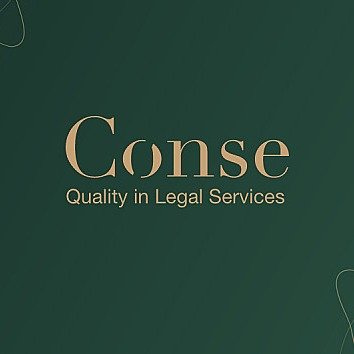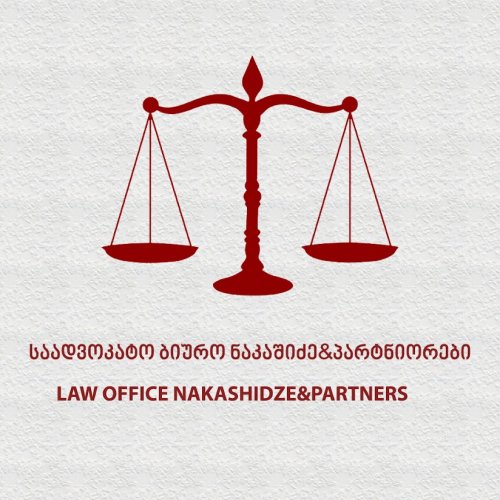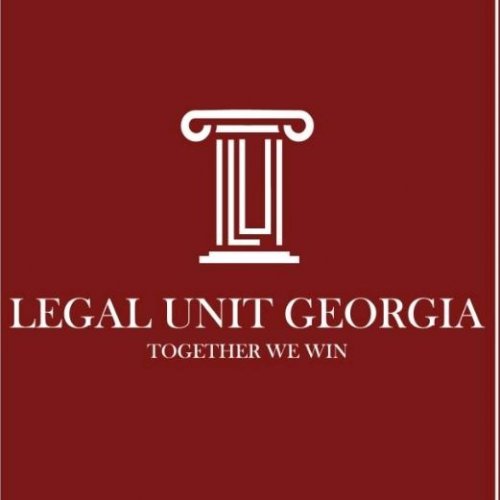Best Landlord & Tenant Lawyers in Tbilisi
Share your needs with us, get contacted by law firms.
Free. Takes 2 min.
Free Guide to Hiring a Real Estate Lawyer
List of the best lawyers in Tbilisi, Georgia
About Landlord & Tenant Law in Tbilisi, Georgia
Landlord and tenant law in Tbilisi, Georgia, revolves around the contractual agreement between a landlord, who owns or controls property, and a tenant, who rents or leases the property. The law seeks to balance the rights and obligations of both parties. These regulations cover aspects such as rent control, landlord's responsibilities, tenant's rights, and eviction processes. As the laws vary slightly between different regions within Georgia and often have complex terminology, it's crucial to understand their implications in Tbilisi.
Why You May Need a Lawyer
You may need a lawyer in various situations relating to landlord and tenant issues. For instance, if you are a tenant facing eviction, a lawyer can advise you about your rights and help you navigate through the legal process. Similarly, if you are a landlord and your tenant is defaulting on their payment, damaging property, or refusing to respect the lease terms, you may require legal assistance. Lawyers with expertise in this field can provide valuable guidance to help ensure your rights and interests are protected.
Local Laws Overview
The key aspects of local landlord & tenant laws in Tbilisi concern rental agreements, rent increases and reductions, termination of leases and evictions, landlord's and tenant's responsibilities, and dispute resolution. In general, Georgia law favours contractual freedom, meaning that specifics can be negotiated individually between the tenant and landlord. However, tenants are protected from arbitrary and unlawful evictions, and landlords from misuse of the property. It’s beneficial to consult with a lawyer to fully understand the implications of these laws and their applications.
Frequently Asked Questions
What happens if a tenant doesn’t pay rent on time?
According to Tbilisi law, if a tenant fails to pay rent within the specified time, the landlord can submit a written notice and request the amount due. If the tenant still doesn’t pay, the landlord has the right to terminate the lease and evict the tenant. It’s advisable to consult a lawyer for legal help.
Who is responsible for repairs to the rented property?
Generally, the responsibility is defined in the lease contract. Unless established otherwise, landlords are typically responsible for maintaining the property in a habitable condition, while tenants are responsible for minor repairs and daily upkeep.
Can a landlord evict a tenant without a reason?
No, Tbilisi law requires the landlord to have a legal reason to evict a tenant. Breaches of the contract, such as late rent payment or property damage, are valid reasons. However, landlords cannot evict tenants discriminatorily or arbitrarily.
Is there rent control in Tbilisi?
No, there are currently no rent control laws in Tbilisi. Rent prices are set by the landlord and tenant during the negotiation phase of the lease agreement.
What should a tenant do if the landlord doesn't fulfill their obligations?
If the landlord fails to meet their obligations, like not carrying out necessary repairs, the tenant can take them to court. Consulting with a lawyer would provide the best course of action in such scenarios.
Additional Resources
There are several resources and organizations in Tbilisi that can be helpful for those seeking legal advice on landlord and tenant issues. The local housing authority is a governmental resource that can provide guidance and clarify local regulations. Besides, non-profit legal aid organizations can provide economical or free legal assistance, particularly for those who cannot afford a private attorney.
Next Steps
If you need legal assistance in landlord and tenant issues in Tbilisi, the first step should be to consult a local lawyer who specializes in this field. They can analyze your situation, provide legal advice, and help you understand your rights and obligations. Furthermore, it would be useful to get familiar with Georgia's Civil Code, specifically the parts related to rental and lease agreements and the rights and responsibilities of landlords and tenants.
Lawzana helps you find the best lawyers and law firms in Tbilisi through a curated and pre-screened list of qualified legal professionals. Our platform offers rankings and detailed profiles of attorneys and law firms, allowing you to compare based on practice areas, including Landlord & Tenant, experience, and client feedback.
Each profile includes a description of the firm's areas of practice, client reviews, team members and partners, year of establishment, spoken languages, office locations, contact information, social media presence, and any published articles or resources. Most firms on our platform speak English and are experienced in both local and international legal matters.
Get a quote from top-rated law firms in Tbilisi, Georgia — quickly, securely, and without unnecessary hassle.
Disclaimer:
The information provided on this page is for general informational purposes only and does not constitute legal advice. While we strive to ensure the accuracy and relevance of the content, legal information may change over time, and interpretations of the law can vary. You should always consult with a qualified legal professional for advice specific to your situation.
We disclaim all liability for actions taken or not taken based on the content of this page. If you believe any information is incorrect or outdated, please contact us, and we will review and update it where appropriate.




